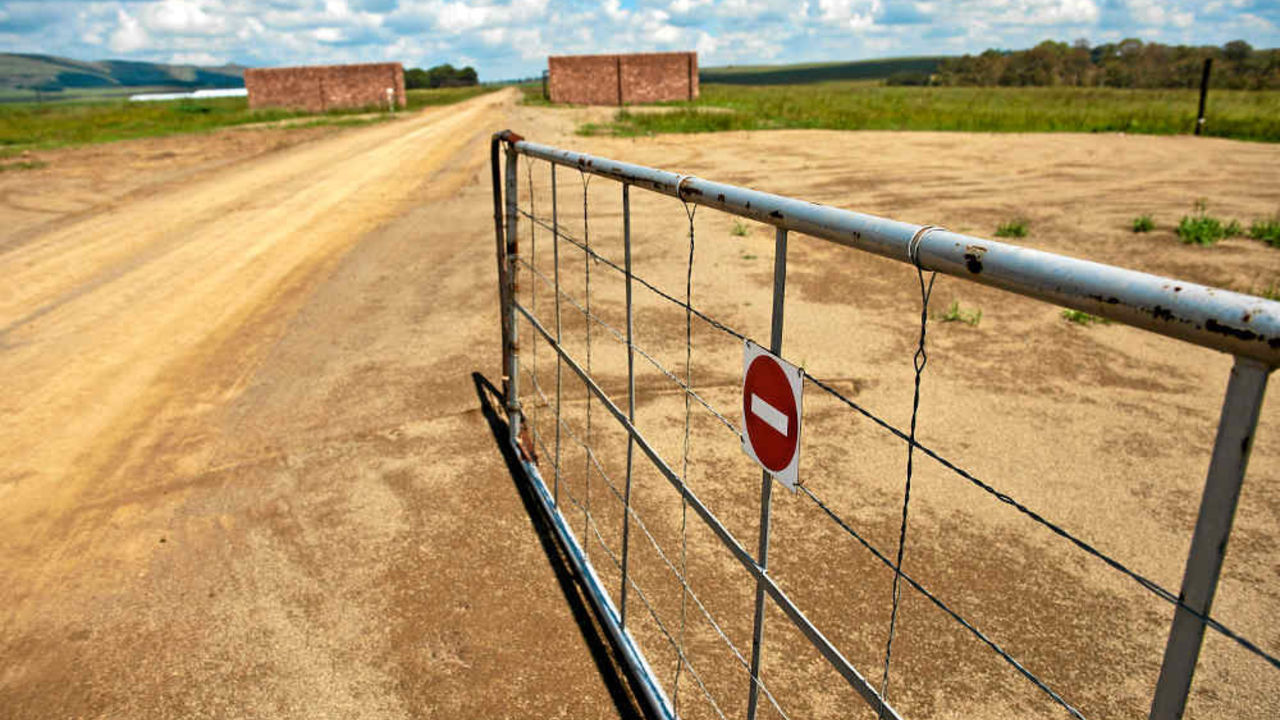We are launching our latest research report on Elite Capture in Land Distribution in South Africa
Venue: SANBI Seminar Rooms, 5th Floor, Life Science Building
Time: Tuesday, 03 December 2019 at 10:30 – 13:00.
The launch of our Research Report on ‘Elite capture in land redistribution in South Africa’ is the culmination of a two-year project which began in January 2018.
At the centre of the project were key questions on equitable access to land in post-apartheid South Africa. What is land reform actually for? And who has benefited from land redistribution in South Africa?
To answer these questions, our team engaged in a period of intensive fieldwork over a seven- month period, in five provinces (the Eastern Cape, Free State, KwaZulu-Natal, North West and the Western Cape). Findings suggest that the capture of public resources in land redistribution by elite and privileged groups is on the rise.
In part, this happens when politically-connected and economically powerful individuals and agribusinesses, often in collusion with some state officials, engage in corrupt practices and access public resources ahead of the rural poor.
But corruption is only part of the story. More concerning is that redistribution policy is inherently biased towards the well-off to begin with. The design of the redistribution programme contains a preference for the forms of commercial farming that typify settler farming. This specific form of agriculture – large-scale, capital intensive, tightly integrated into upstream and downstream value chains, and highly dependent on formal finance is well adapted to large scale production by commercial firms, but it is not aligned with the social and economic realities facing smallholder and subsistence production in South Africa. Despite this, government policy takes it as the only ‘proper’ style of farming and seeks to replicate it in land reform.
This has greatly influenced beneficiary targeting and selection. Well-off beneficiaries with access to resources, knowledge and information are prioritised as a means to ensure commercial success in land redistribution. As a result, land redistribution has become pro-elite and anti-poor as public resources are concentrated in the hands of a few select beneficiaries.
Broadening access to land on an equitable basis as directed by the Constitution remains elusive. Based on rich empirical evidence the report makes key recommendations on how to achieve a pro-poor land reform programme in post-apartheid South Africa.

